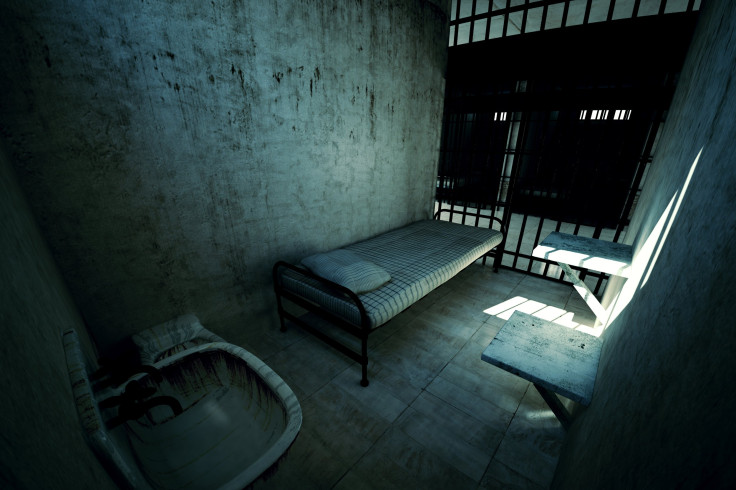Clinical Psychologist To Head Country's Largest Jail: What It Means For Mental Health In The US

One-third of the inmates at Cook County Jail in Chicago are mentally ill, branding it as one of the largest psychiatric facilities in the country. Cook County is also the biggest jail in the U.S., housing some 9,000 prisoners on a daily basis.
Now, a clinical psychologist, Nneka Jones Tapia, will be taking over the jail as executive director. She’ll head the jail with a fresh perspective on mental health — a sorely needed viewpoint in a country that often sweeps mental illness under the rug, and behind bars.
Deinstitutionalization, which began in 1955, involved moving mentally ill patients out of big state institutions back into their communities, which often didn’t offer proper mental health services for them. As a result, thousands of mentally ill people wound up homeless or in jail — frequently imprisoned for minor, petty offenses, or on their own accord because they had nowhere else to go.
Cook County Jail is a standing symbol of the deinstitutionalization-induced mental illness crisis in America. But the appointment of Tapia offers hope to those who aim to change the system.
“Conservative numbers are 25, but we think it’s closer to 30 or 35 percent of our jail population that has a mental illness,” Cook County Sheriff Tom Dart told ThinkProgress, “so we’ve effectively become the largest mental health hospital in the country. I don’t know anybody who could say that someone suffering from serious mental illness should be put in a tiny, confined area that is populated by another individual who has a mental illness — who you don’t know and may or may not have some issues with violence as well — be medicated and treated as if you were a criminal.”
In recent decades, not only have psychiatric patients been shuffled into jails, but public health funding for mental illness has been slashed significantly. In the U.S., the topic of mental health swirls through the media briefly after a mass shooting, then disappears again. And a stigma remains — people who are mentally ill aren’t taken as seriously as they should be, and the country’s mental health services are lacking.
This is especially true in the U.S. prison system. A New York Times investigative report released earlier this year found that despite the city’s recent attempts to reform New York City jails, mentally ill inmates were still beaten, mistreated, and thrown into solitary confinement cells, all of which worsened their condition and contributed to the vicious cycle.
In an interview with NPR, Tapia notes that the numbers of mentally ill in jails are growing because of “a lack of services in the community, particularly psychiatric services,” she said. “The city of Chicago is starting to work with us, but, you know, their history of closing the six mental health clinics has done us a disservice, and the number of hospitals that are willing to take people with mental illnesses is dwindling.”
'Severe Mental Illness'
Today, thanks to Obamacare’s Mental Health Parity Act, most mental health services are covered under insurance. But on all other levels, the country is lagging behind.
Tapia hopes that her appointment as head of Cook County Jail will send a message to the rest of the country, which has repeatedly neglected and shut down mental health care to the detriment of thousands of people.
“[I]t sends a powerful message,” Tapia told NPR. “You know, law enforcement was never meant to handle mental illness — severe mental illness. But our staff do a tremendous job and I can only continue to support them in that. So undoubtedly, the sheriff thought of that when he considered me for this role.”



























